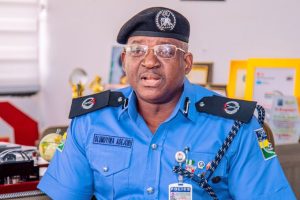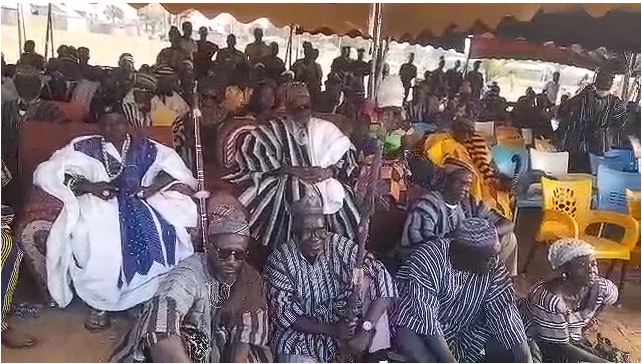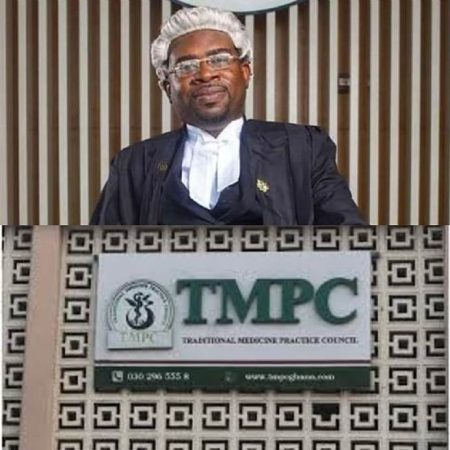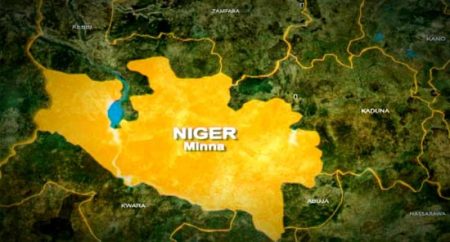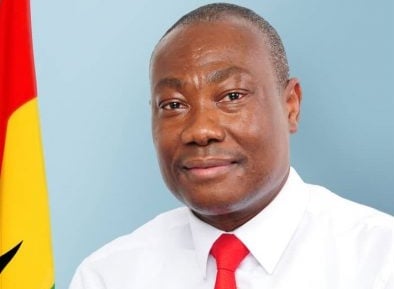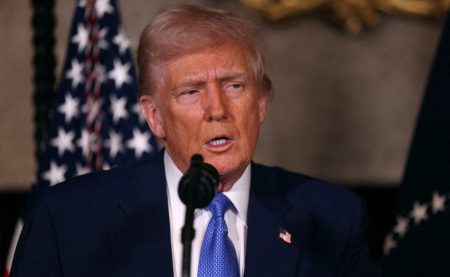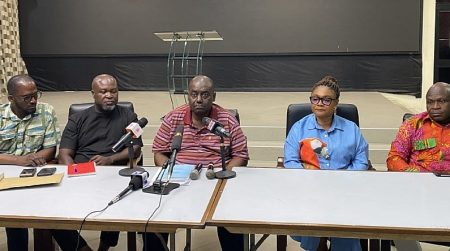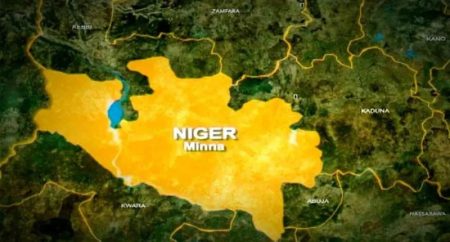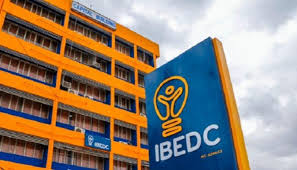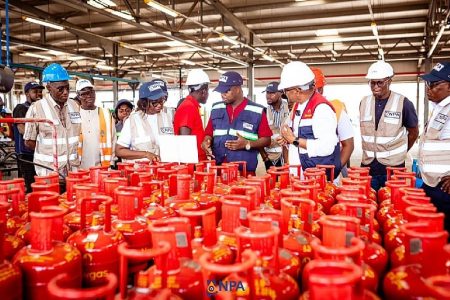The Danjuar Festival, held annually in Kpikpira, Tempane District, served as a poignant backdrop for a collective plea for peace in the Bawku and Walewale areas, regions embroiled in a protracted and devastating conflict between the Kusasi and Mamprusi factions. The festival, celebrated by Bimoba communities across Ghana, Togo, and Burkina Faso, became a platform for stakeholders, including traditional rulers, political figures, and government representatives, to address the urgent need for an end to the violence that has plagued the region since November 2021. The conflict, stemming from a deep-seated chieftaincy dispute in Bawku, has tragically resulted in loss of life, widespread property destruction, significant economic disruption, and heightened insecurity for travellers along the crucial Bolgatanga-Tamale highway. The ripple effects of the conflict have extended far beyond Bawku, impacting surrounding areas like the Walewale-Wulugu enclave, and necessitating the implementation of curfews that further impede business activities and disrupt social life.
Naba Danzuur John Tiiga II, the Chief of Kpikpira, leveraged the occasion of the Danjuar Festival to issue a heartfelt appeal to both the Kusasi and Mamprusi factions, urging an immediate ceasefire and emphasizing the widespread repercussions of the conflict. His message underscored the fact that the unrest transcends the immediate parties involved, affecting other ethnic groups throughout Ghana and disrupting the nation’s peace and stability. The festival, traditionally a celebration of cultural heritage and unity, was transformed into a powerful symbol of the urgent need for reconciliation and a return to peaceful coexistence.
Bernard Mornah, the immediate past flag bearer of the People’s National Convention (PNC), amplified this call for peace, directly addressing the Zugraana, the Overlord of the Kusaug Traditional Area, and the Nayiri, the Overlord of the Mamprugu Traditional Area. Mornah emphasized the responsibility of these traditional leaders to exert their authority and influence to restrain their followers and quell the violence. He argued that true leadership necessitates the ability to maintain control and command over one’s people, asserting that if these leaders cannot effectively curb the violence, their legitimacy is called into question. Mornah’s passionate plea underscored the expectation that these leaders should actively champion peace and ensure the safety and well-being of their communities.
Mornah directly challenged both the Zugraana and the Nayiri, stressing the importance of their immediate intervention. He appealed to the Zugraana to communicate to his people that the region must not be a breeding ground for chaos but rather a haven of peace. Similarly, he implored the Nayiri to unequivocally command his people to cease the carnage, emphasizing his responsibility to ensure the safety and security of the region. The underlying message was clear: these leaders must actively use their influence to foster a culture of peace and reconciliation.
Upper East Regional Minister Donatus Akamugri Atanga reiterated the government’s unwavering commitment to finding a peaceful resolution to the Bawku conflict. He assured the communities of the government’s ongoing efforts to bring an end to the violence, emphasizing the importance of cooperation from all stakeholders in this endeavor. While reaffirming the government’s commitment to resolving the conflict, Minister Atanga stressed that the success of any peace initiative hinges on the willingness of the warring factions to actively participate in the process. He called for restraint and support from all parties, urging them to cooperate with the government’s efforts to restore peace and stability to the region.
Joseph Dindiok Kpemka, the former Deputy Attorney General and Minister for Justice, who presided over the Danjuar Festival, reinforced the critical importance of peace for the region’s well-being. He called upon all influential figures, including community leaders and elders, to lead by example and actively promote dialogue and reconciliation. Kpemka’s message emphasized the crucial role of community leaders in shaping attitudes and promoting peace. He urged them to actively engage in dialogue and reconciliation efforts, demonstrating a commitment to peace through their own actions and inspiring others to follow suit. The Danjuar Festival, therefore, became a significant moment for collective reflection and a renewed commitment to ending the conflict and building a lasting peace in the Bawku and Walewale areas.


